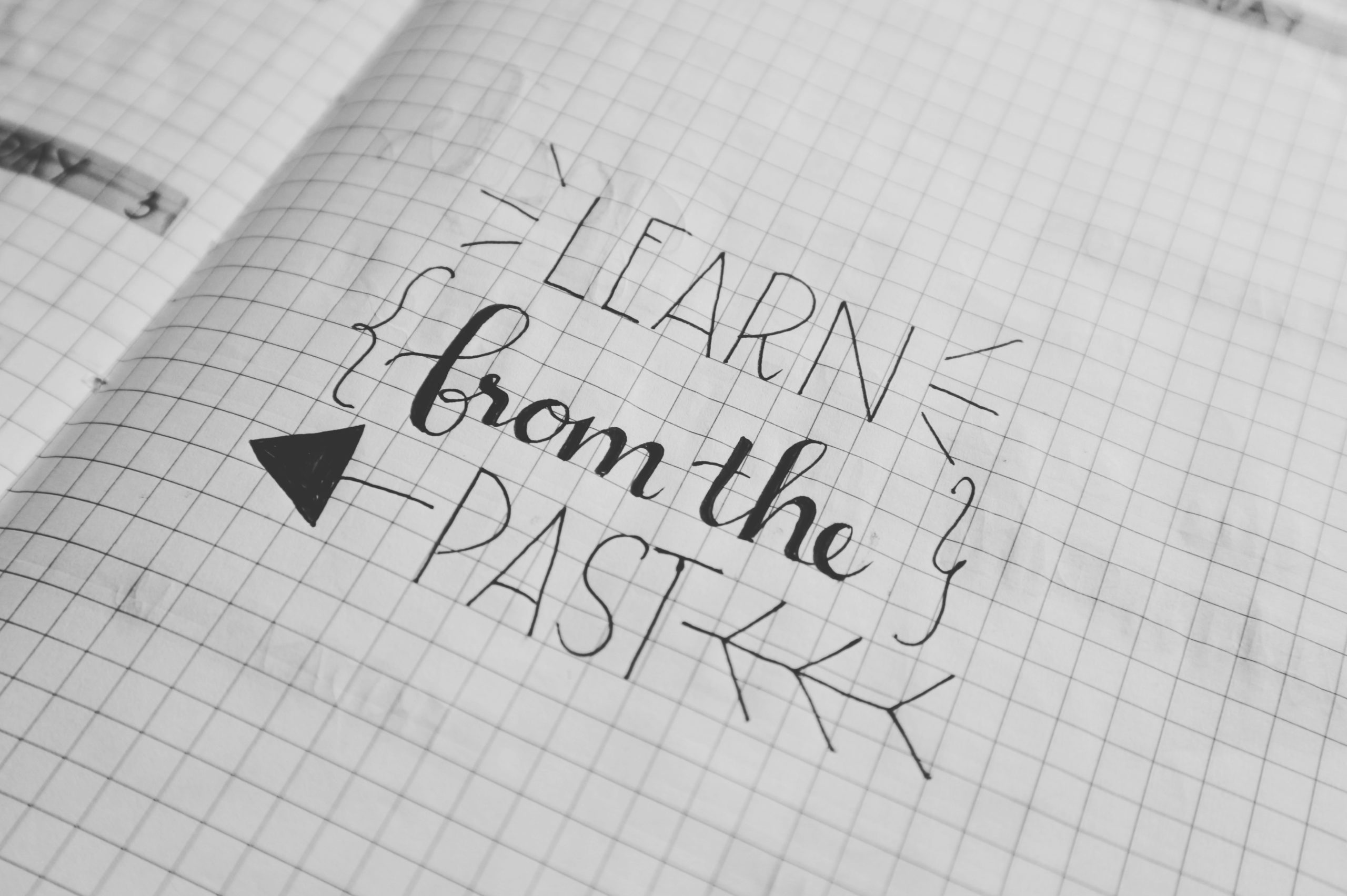
In a world that often emphasises the value of social connections, there’s an important distinction to be made between being alone and feeling lonely.
Many people associate solitude with a sense of isolation or sadness, but the truth is that being alone can be a fulfilling and rejuvenating experience. 😊
In this blog post, I will explore the nuances of being alone versus feeling lonely, understanding the importance of solitude, and embracing the positive aspects of both states.
Let’s get to it. 💕
The Difference Between Being Alone and Feeling Lonely:
Being Alone:
Being alone is a state of physical solitude, where you find yourself without the company of others. It can occur by choice or as a natural consequence of circumstances. Spending time alone provides an opportunity for self-reflection, relaxation, and personal growth.
It allows you to engage in activities that bring you joy, pursue hobbies, or simply enjoy a moment of peace. Being alone can be a deliberate choice, a time to recharge and connect with oneself. 🥰
Feeling Lonely:
Loneliness, on the other hand, is an emotional state that arises from a perceived lack of meaningful connections. It’s possible to feel lonely even in a crowded room if the connections are superficial or unfulfilling.
Loneliness is often characterised by a sense of emptiness, isolation, or a longing for deeper human connections. It’s a complex emotional experience that can impact mental and physical well-being. 😟
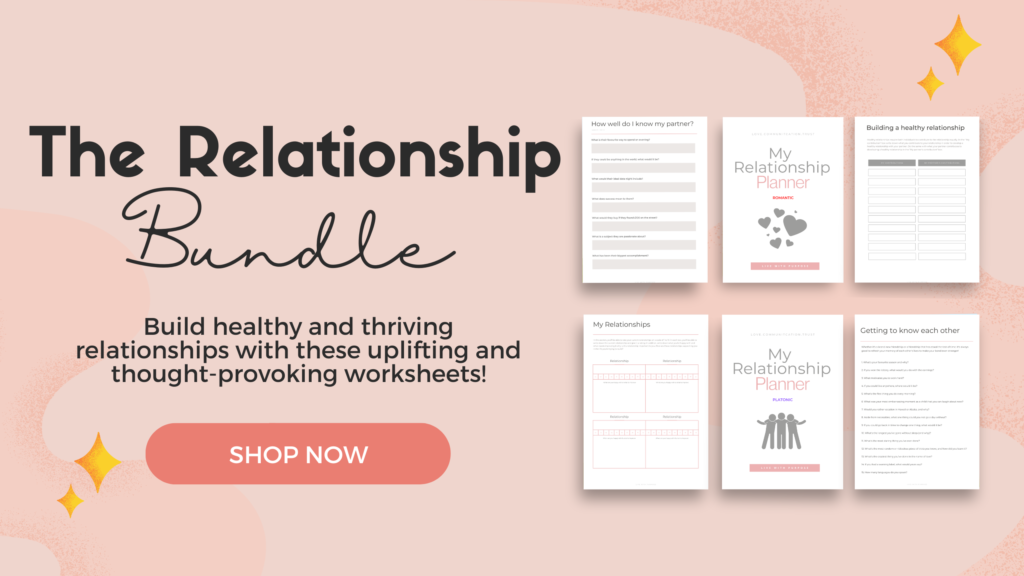
Embracing the Positive Aspects of Being Alone:
1. Self-Discovery:
Being alone provides an opportunity for self-discovery. It allows you to explore your thoughts, feelings, and interests without external influences. Use this time to reflect on your goals, values, and aspirations. Self-discovery is a crucial aspect of personal growth and can lead to a deeper understanding of oneself.
2. Independence:
Embracing solitude fosters independence. When you’re comfortable being alone, you become more self-reliant and less reliant on others for your happiness. This independence can empower you to make decisions based on your own needs and preferences, leading to a more authentic and fulfilling life. 🥰
3. Creativity:
Solitude often sparks creativity. When you’re alone with your thoughts, you have the mental space to generate new ideas, think critically, and engage in creative pursuits (yaay). Many artists, writers, and innovators find inspiration in moments of solitude, leading to the creation of meaningful and impactful work. 🎨
4. Rest and Rejuvenation:
Being alone allows for rest and rejuvenation. In a world filled with constant stimuli, taking time for solitude can be a form of self-care. It provides an opportunity to relax, recharge, and focus on activities that bring you peace and joy, contributing to overall well-being.
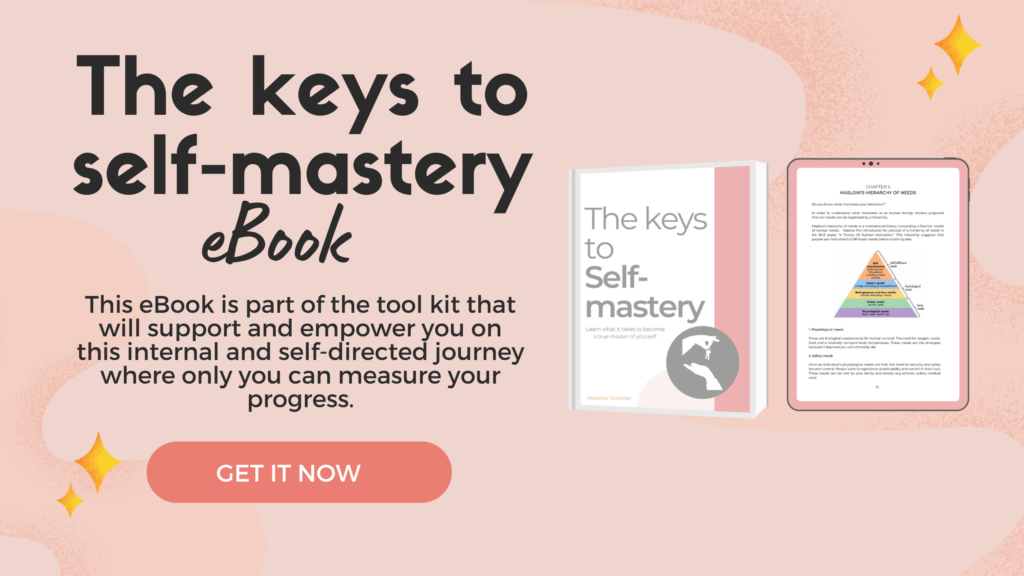
Addressing the Challenges of Feeling Lonely:
1. Cultivating Meaningful Connections:
If loneliness arises from a lack of meaningful connections, focus on cultivating relationships that nourish your soul. Seek out individuals who share your values and interests. Join clubs, organisations, or communities where you can meet like-minded people. Focus on getting yourself out there. Quality connections are often more fulfilling than a large social circle. 🫂
2. Volunteering and Giving Back:
Engaging in volunteer work or contributing to your community can alleviate feelings of loneliness. By helping others, you not only make a positive impact on the world but also connect with individuals who share a common purpose. Volunteering provides a sense of belonging and fulfillment.
3. Seeking Professional Support:
If loneliness becomes a persistent and overwhelming emotion, maybe consider seeking professional support. A therapist or counselor can provide guidance and a safe space to explore the root causes of loneliness. Addressing these issues with professional help can lead to a more fulfilling and connected life. 🫶
Finding Balance:
The key to a fulfilling life lies in finding a balance between being alone and fostering meaningful connections. Embrace solitude as a time for self-discovery, creativity, and rejuvenation. At the same time, actively cultivate relationships that bring joy and fulfillment. Recognise that both states are essential for a well-rounded and satisfying life. 💕
Conclusion
Being alone and feeling lonely are two distinct experiences, each with its own set of opportunities and challenges. Embracing solitude allows for self-discovery, independence, creativity, and rest. However, if loneliness creeps in, it’s crucial to address it by cultivating meaningful connections, volunteering, or seeking professional support. You are not alone. ❤️
Understanding the nuances between being alone and feeling lonely empowers you to navigate both states with intention and purpose. Ultimately, finding a balance between solitude and social connections contributes to a rich and fulfilling life. Embrace the positive aspects of being alone, foster meaningful connections, and savor the journey of self-discovery in this beautiful dance between solitude and companionship.
Pin this post for a reminder 📌 👇
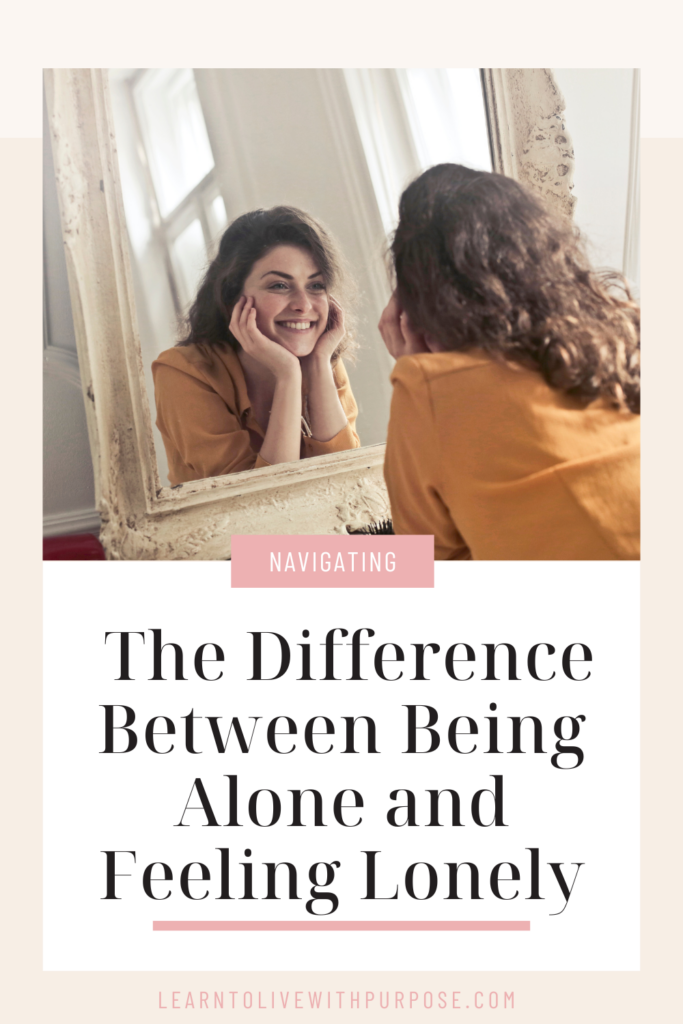
Related Blogs
Things to Say “No” to for you to Live a Happier Life
How to Stop Settling For Less Than You Deserve
How to Become the Best Version of Yourself: A Guide For 20-Somethings
Getting picked last for a dodgeball team, being told “I think we should just be friends” or “you’re not a right fit for the job role” are all forms of rejection that can hurt like hell.
Rejection can feel like a pool filled with different emotions such as; anger, shame, sadness and grief. Sometimes people don’t even understand why they have been rejected in the first place. This can lead to a downward spiral of negative emotions.
Nobody is immune to rejection. When you put yourself out there you face the possibility that you may not make the cut.
Scientists placed people in functional MRI machines and asked them to recall a recent rejection and they discovered that it activated the same areas of the brain as physical pain. This is why even small rejections can feel bigger than they are because it feels like actual physical pain. Damn.
Not only is rejection disappointing but it can make you feel like something is wrong with you. If you get rejected enough times it can heavily affect your self-esteem, making you doubt yourself and your place in this world.

Rejection knows no boundaries. It can invade your romantic, social and job situations alike. Not only can it make you feel inadequate, it also communicates the sense to somebody that they’re not loved or wanted or not in some way valued. Which is obviously not the case.
Guy Winch, Ph.D., psychologist and author notes that many times the rejection does 50% of the damage and we do the other 50% of the damage. “We start with this high volume of negative self-talk and criticism that takes the rejection to another level” he says.
If you deal with rejection the wrong way such as ignoring your emotions, lashing out at people and vowing to never leave your comfort zone again can only negatively impact your personal and professional relationships. Fortunately enough, there are ways you can deal with rejection that will make you come out stronger.
Dealing with rejection is a skill that can only be developed over time. The more you try, fail and dust yourself off to get back up again the more you’ll be able to cope with the word “No”.
Different types of rejection
Social rejection – This type of rejection can occur at any age and usually begins in childhood. Social rejection can include bullying and alienation in school or in the workplace. Those who challenge the status quo of society are more prone to social rejection.
“Humans have a fundamental need to belong. Just as we have needs for food and water, we also have needs for positive and lasting relationships”. Says C. Nathan DeWall, PhD.
Rejection in a relationship – People may experience rejection while dating or in a relationship, it can come in the form of withholding affection or intimacy. When an individual decides to end the relationship this can cause the other person to feel rejected. The suffering that comes with this type of rejection is arguably harder than the other types. It can leave you speechless and feel physically sick. The intensity of the reaction to the rejection will gradually fade. You’ll have your good days and your bad days but little by little you will start to enjoy life again. I promise.
Familial rejection – Rejection from one’s family (typically parental rejection) is likely to affect an individual throughout life. We are often taught that our family’s love is unconditional, so when a family member rejects another member it can be excruciatingly painful.
At the end of the day, you didn’t ask to come into this world, so feeling rejected by one or both of the people who brought you in it can make you feel out of place.
Familial rejection can look like:
-Parents who avoid spending quality time with their children
-Failing to show interest in their children
-Limiting privileges without a reason
-Parents who refuse to follow through on the promises they made
Romantic rejection- Romantic rejection can occur when a person asks for a date and is denied. It takes courage to reach out and approach someone with who you wish to begin a new relationship. When met with rejection it brings up not only frustration but also shame.
Life’s too short to not shoot your shot. If they’re not interested, move on. There’s someone out there for you.
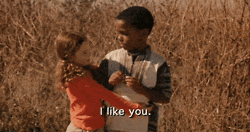
Here are some tips for coping with rejection:
Acknowledge your emotions
“If you don’t know what hurt you, you will bleed on people who didn’t cut you” – Unknown
Emotions are complex. Often if we experience rejection we naturally want to create some armour to protect ourselves to prevent more emotional pain. Wearing layers of body armour prevents connection with others and does not contribute to developing security. It creates a false sense of safety in a controlled environment which is not realistic.
Rather than deny, suppress or ignore your emotions, you need to acknowledge them. Having the confidence to deal with uncomfortable situations head-on is essential to coping with discomfort in a healthy way.
Passing off your pain as “no big deal” will only prolong it and make you more fearful of rejection. The key is to be able to face your pain.
See rejection as personal growth
Getting rejected is proof of your effort. It’s a sign that you’re willing to try new things even if they don’t plan out how you want them to. It’s a sign that you’re aiming to live your life to the fullest knowing that there is a chance you can get knocked down to the ground.
If you have never been rejected you are living life way in the comfort zone my friend. How will you know that you’re pushing limits if you don’t get a few knockbacks here and there?
Working hard day in day out doesn’t exempt you from failure. You’re not always going to be rewarded for your hard work. It’s a hard pill to swallow but it’s true.
Start getting comfortable with being uncomfortable and watch how your life unfolds.
Focus on something beyond yourself
In the immediate aftermath of rejection all you want to do is focus on what happened and what you may have done wrong in order to be rejected. “but I just don’t get it, how could this happen to me” train of thoughts will leave you internally suffering for no reason. Sometimes it’s best to just focus on something beyond yourself to help get your mind out of that rut.
Ask a family member or a friend if there’s anything that you can help them with, volunteer at a food shelter, plant flowers in the community garden. There are a number of ways you can ease the process of rejection by getting up and focusing on the good things you can do in your life.
This doesn’t mean you should mask your pain and pretend it never happened. It’s acknowledging that you can’t change the past and dwelling on it is only going to make you suffer. Focus on something positive and get that spring back in your step again.
Look after the basics
The feeling of rejection can have both physiological and physical effects. So, it’s best to remember to look after number 1. Make sure you get plenty of sleep, eat well and go and get some exercise.
Trying to move forward when you’re still in emotional turmoil will never end well. Take some time to process your thoughts and feelings instead of pushing them away.
Keeping it in can affect you mentally and physically. It’s your responsibility to deal with your feelings, just make sure not to push yourself before you’re truly ready to let go.
Go at your own speed, don’t listen to people who say, “Omg you’re not over that yet!?” They don’t know what’s going on in your heart and your head. Only YOU truly know who you are. Don’t abide by other people’s timelines. Move when you are wholeheartedly ready to move. Don’t rush the process.
Practice a simple self-affirmation exercise
1. List five qualities or attributes that you have and that you really believe are valuable.
2. Pick one of those five things and write a brief passage about one of them (about 1-2 paragraphs will be okay). Elaborate on why it’s an important and valuable quality.
This simple exercise will remind you of your self-worth and make you feel infinitely better about yourself and become more resilient to rejection that comes thereafter.
We all have a fundamental need to belong. When we get rejected we feel a disconnection which adds to our emotional pain. Finding our way back to those who love us or reaching out to members of groups who value and respect us has been found to soothe emotional pain after rejection.
You are not alone in your pain. Feel your feelings, accept your feelings then seek help if needed.
How do you deal with rejection?
Related blogs
The ultimate guide for coping with change
Did you know that people on my email list sometimes get exclusive discounts on my products? Join the community and save yourself some coins!
Freshly-squeezed inspiration, and no-nonsense tips + tricks to improve your life delivered to your inbox weekly.
Subscribe to my newsletter
Subscribe
You're all signed up!
Be sure to whitelist our email address so that all the goodies make it to your inbox.
